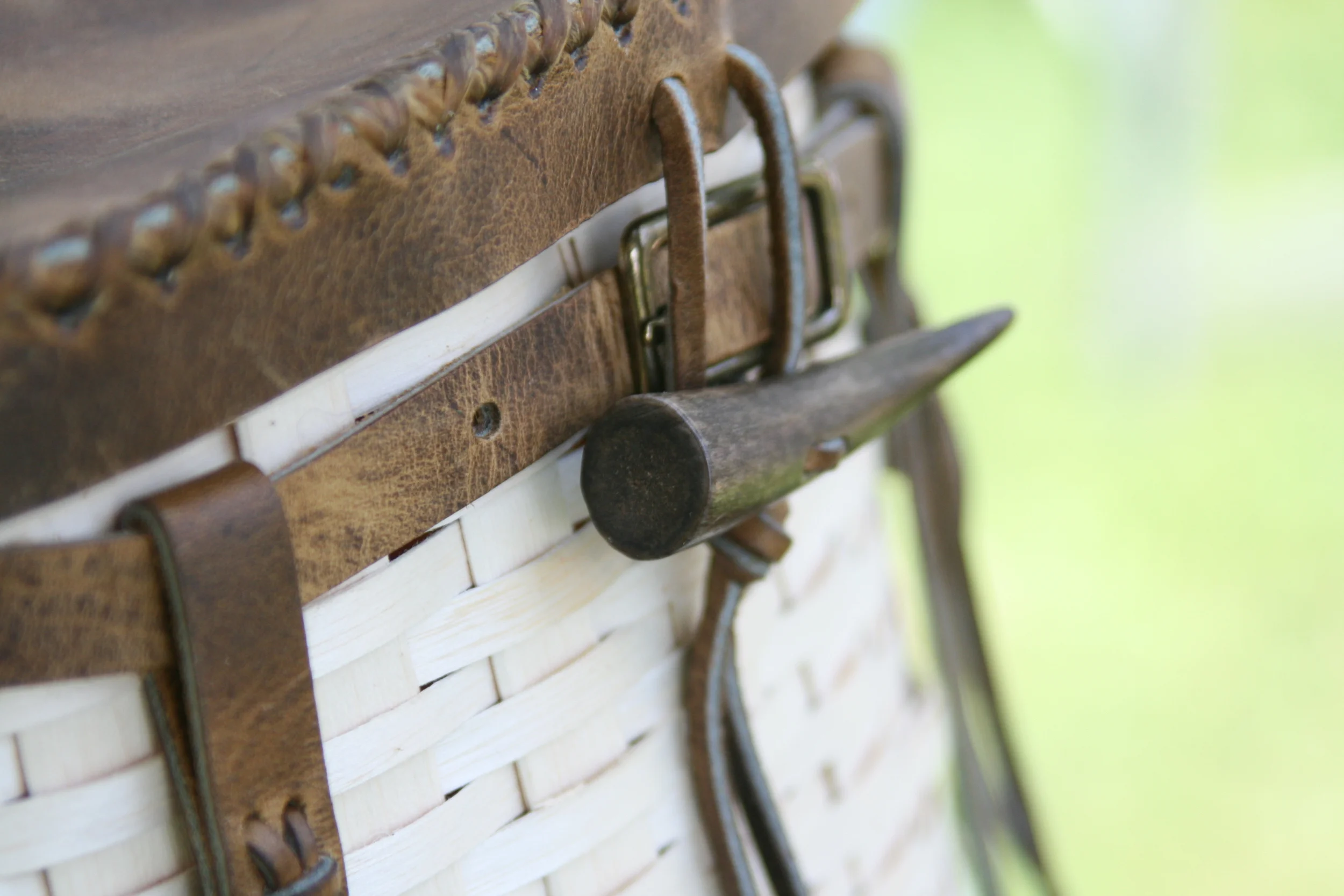Upcoming Exhibit: Twisted Path II
/
The Abbe Museum is pleased to announce the upcoming exhibit, Twisted Path II: Contemporary Native American Art Informed by Tradition. Visitors to the Abbe Museum in 2009 enjoyed the wildly popular Twisted Path: Contemporary Native America n Artists Walking in Two Worlds and this winter we will highlight the work of five new artists! Please join us for the exhibit opening on Friday, October 21 from 4:00-6:00. Twisted Path II will be on exhibit until May 2012.
n Artists Walking in Two Worlds and this winter we will highlight the work of five new artists! Please join us for the exhibit opening on Friday, October 21 from 4:00-6:00. Twisted Path II will be on exhibit until May 2012.
Throughout North America, Native people balance the importance of tribal identity and knowledge with the demands of the non-Native communities that surround them. Art serves as one means of survival, expressing a wide range of emotions and experiences, from hopes and fears for the future, to dreams and anger about the past. Breaking away from stereotypes of Native American art and what is "traditional." the work of contemporary Native artists proves that art and culture are not static, but constantly evolving. Borrowed from traditional beadworking, the term "twisted path" is a pattern that meanders along the edge of an object. Here, it is a visual metaphor for the different paths Native American artists walk as they navigate a complex world.
Twisted Path II: Contemporary Native American Art Informed by Tradition is an invitational contemporary art show featuring Native artists from the Northeast, including:
Rhonda Besaw, Abenaki
George Neptune, Passamaquoddy
Max Romero, Mi'kmaq & Laguna/Taos Pueblo
Leon Sockbeson, Passamaquoddy
Sarah Sockbeson, Penobscot
The exhibition is co-curated by Rick Hunt, Abenaki, and Raney Bench, Curator of Education at the Abbe Museum. Rick and Raney worked together on the first Twisted Path, when they wrote these words describing the show:
Throughout North America, Native people balance the importance of tribal identity and knowledge with the demands of the non-Native communities that surround them. Art serves as one means of survival, expressing a wide range of emotions and experiences, from hopes and fears for the future, to dreams and anger about the past. Breaking away from stereotypes of Native American art and what is "traditional." the work of contemporary Native artists proves that art and culture are not static, but constantly evolving. Borrowed from traditional beadworking, the term "twisted path" is a pattern that meanders along the edge of an object. Here, it is a visual metaphor for the different paths Native American artists walk as they navigate a complex world.






